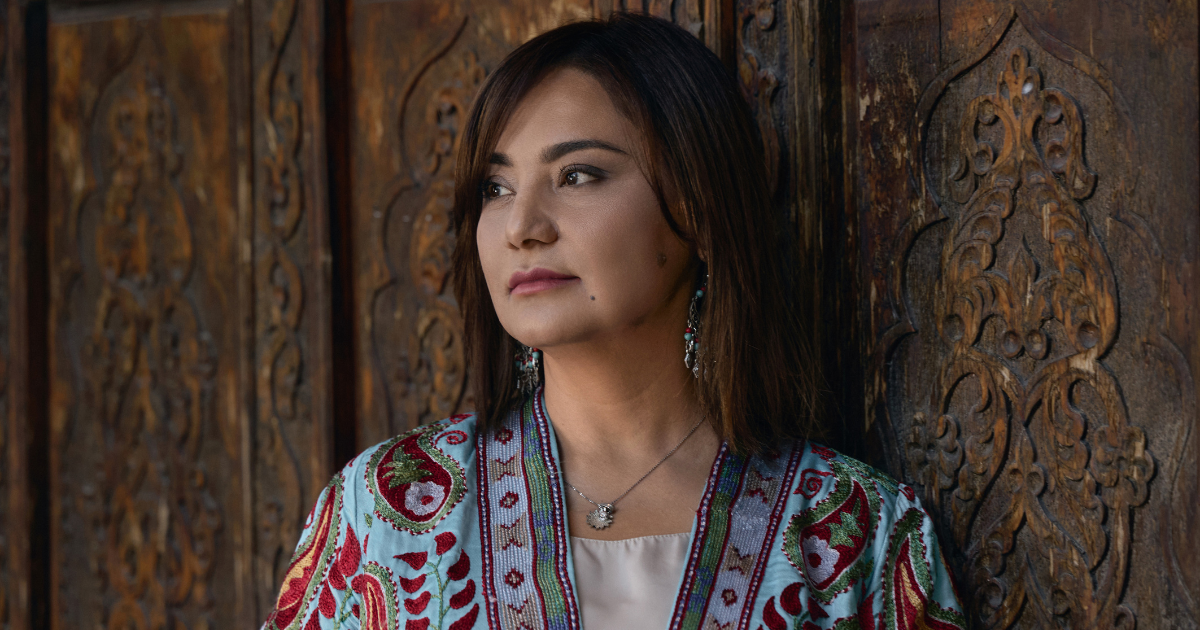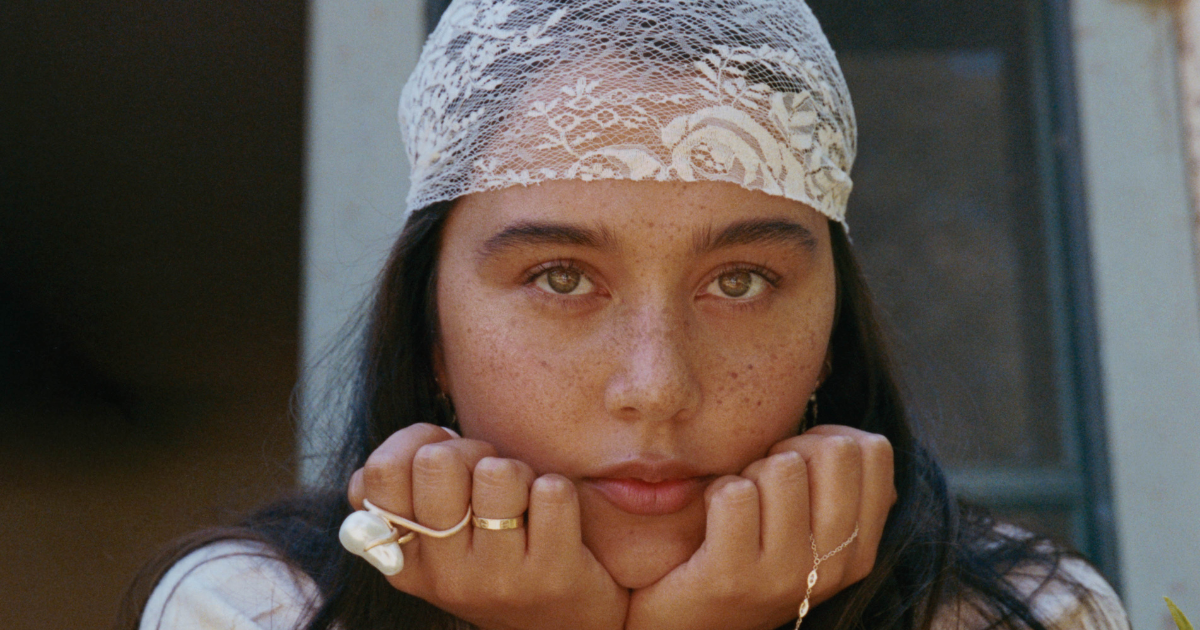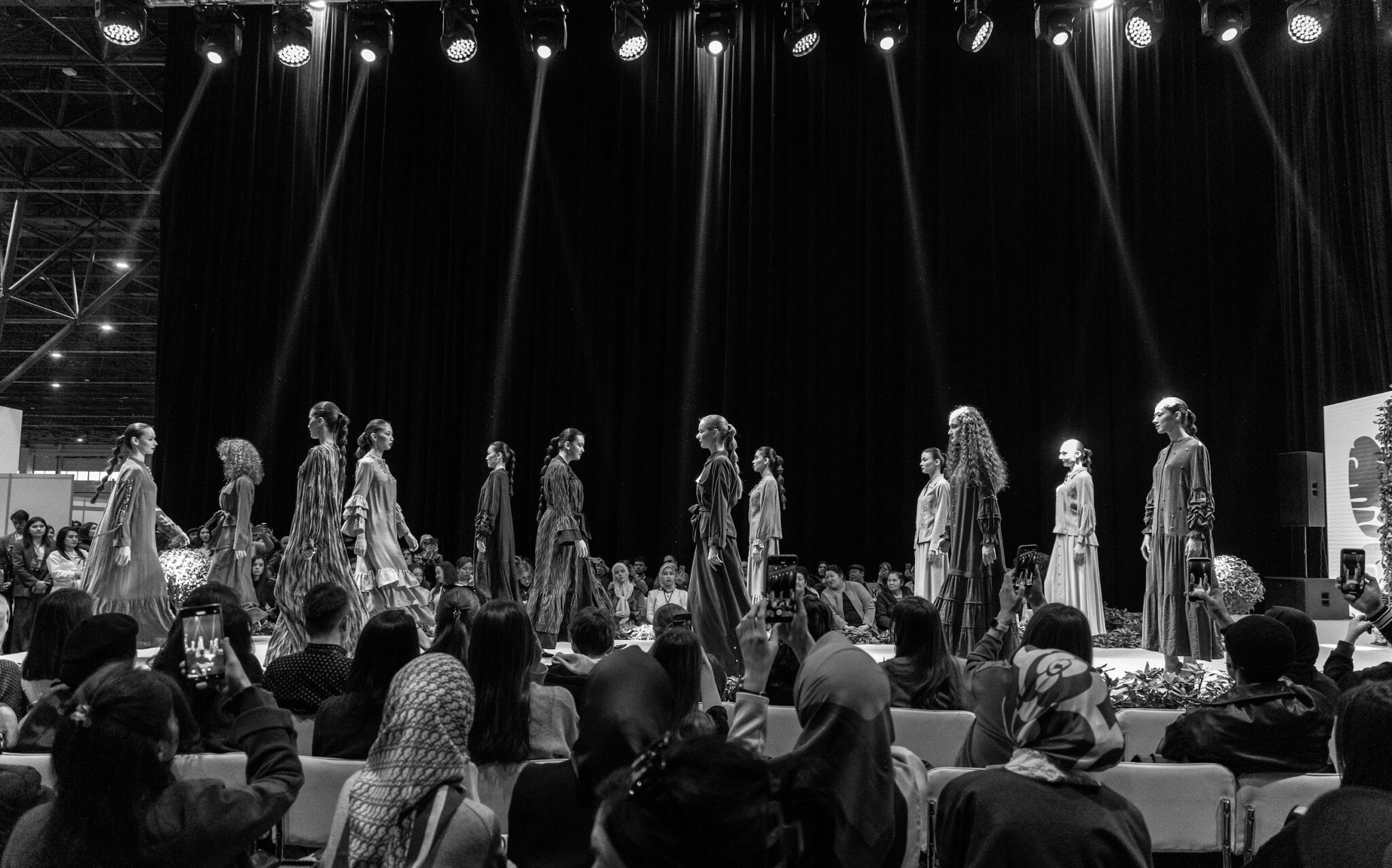Stories of humanity: Audrey Hepburn
Beauty that saves the world
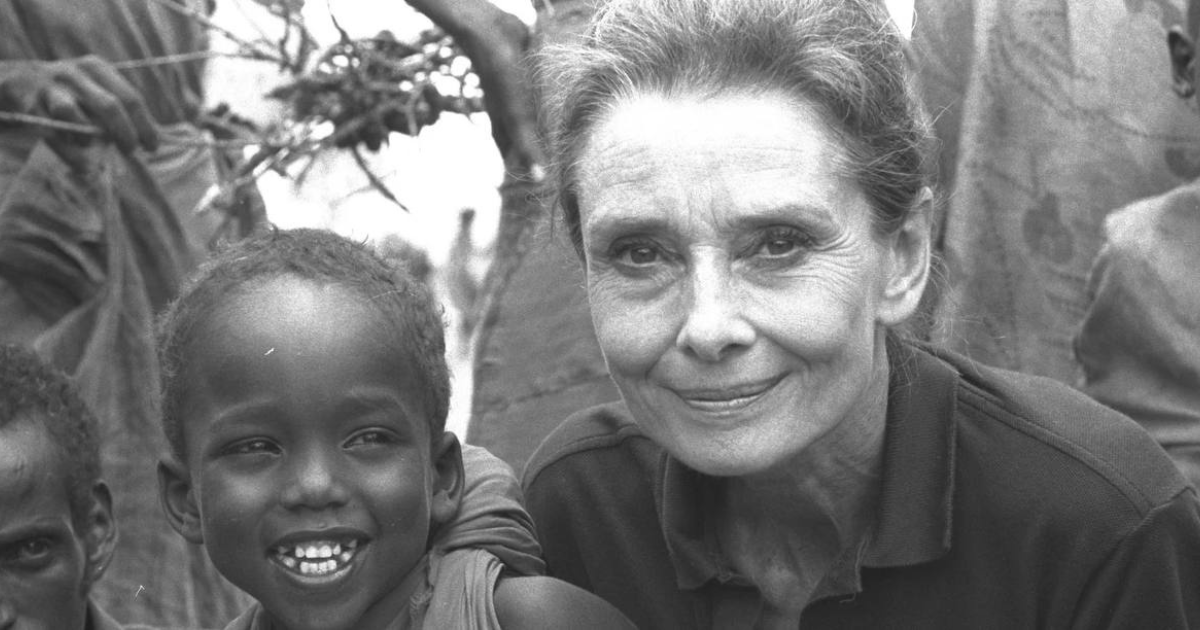
The universally adored beauty and style icon Audrey Hepburn made history not only for her looks. The actress dedicated her life to charity and helping children around the world.
During her childhood, Audrey, her mother, and her brothers experienced World War II while living in the Netherlands. In her memoirs, she wrote about the starvation they faced, sometimes having to eat potato peels. To earn a little money or food for the residents of her underground hideout, the future screen star performed ballet. When the country was liberated, UNICEF provided aid to the Netherlands, treating and feeding needy children. This became a turning point that not only changed Audrey's life but also inspired her to dedicate her life to this organization.
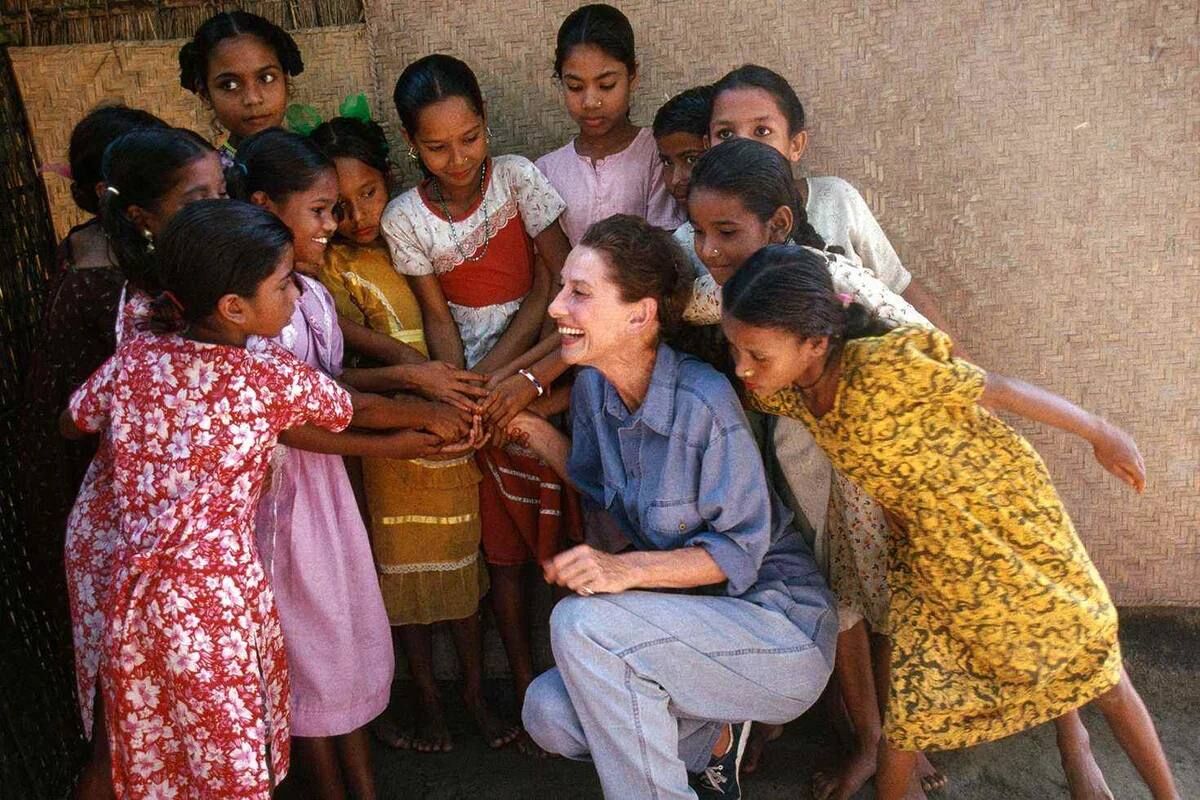
photo: UNICEF/UNI40127/Isaac
Initially, Audrey, who already had a film career behind her, was a goodwill ambassador for UNICEF in name only, attending charity balls and participating in radio broadcasts. However, she later realized this was not enough and began regularly visiting missions. Let’s take a look at the most significant of these missions.
Audrey’s first mission was to draw public attention to the problem of starving children in Ethiopia. The actress never used amenities funded by donations and flew on military planes with food supplies. After visiting an orphanage with over five hundred hungry children, Audrey ensured that UNICEF sent food and medicine before her return. The organization’s staff distinguished Hepburn from other star goodwill ambassadors: she always wrote her speeches herself and genuinely cared for and empathized with every child she met in refugee camps or hospitals.
In the late 1980s, Audrey visited Central and South America: El Salvador, Mexico, Honduras, and Guatemala. During these trips, Hepburn met with politicians to discuss aid programs for children and monitored the launch of water supply systems and the construction of medical facilities.
Subsequent missions took her to Venezuela, Ecuador, Vietnam, Bangladesh, and Sudan. In each visit, Audrey was not a passive observer but actively ensured that donations, food, and medical aid were delivered to specific orphanages and hospitals. She transported supplies and several times offered herself as a hostage when humanitarian aid delegations were blocked at borders. Hepburn facilitated the vaccination of children against diseases and helped build kindergartens and schools in impoverished areas.
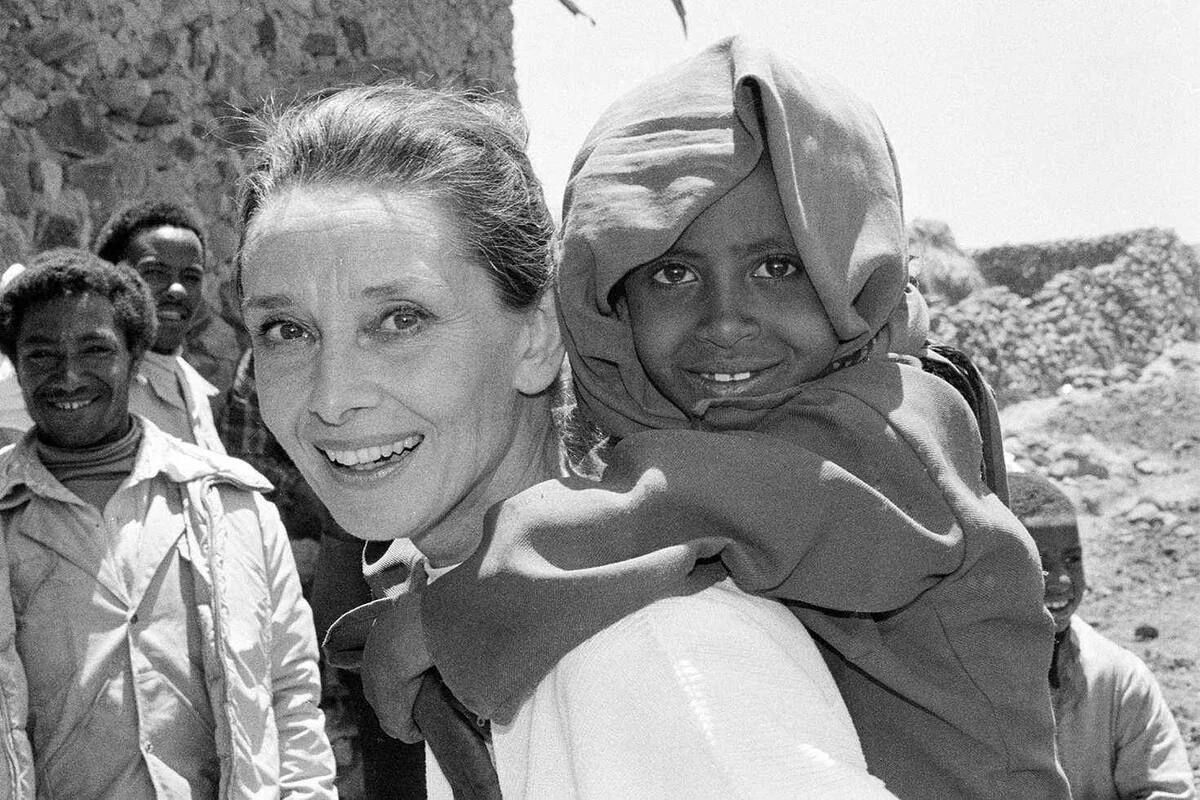
photo: UNICEF/UNI40095/Isaac
Her trip to Somalia and Kenya was her last. Audrey was shocked by what she saw—people dying from a lack of drinking water, having to walk several kilometers to get it. After her visit, water pipelines were installed near homes, saving thousands of lives. The actress discovered her illness while in Africa. Local doctors struggled to diagnose her ailment, and it was only upon returning to the United States that she learned she had cancer. Even after her death, Audrey Hepburn’s good deeds continue through her namesake foundation, which still regularly helps children in need.
For her active charitable work, UNICEF awarded Audrey Hepburn the Medal of Freedom and posthumously honored her with the Jean Hersholt Humanitarian Award, presented to her son.
